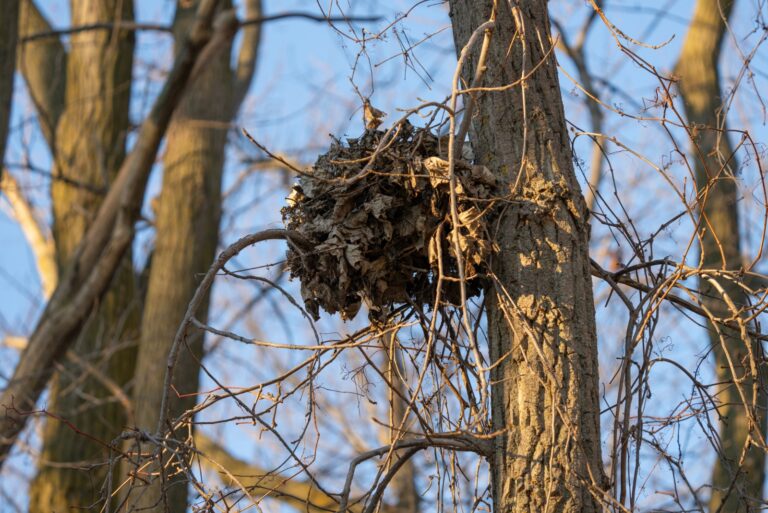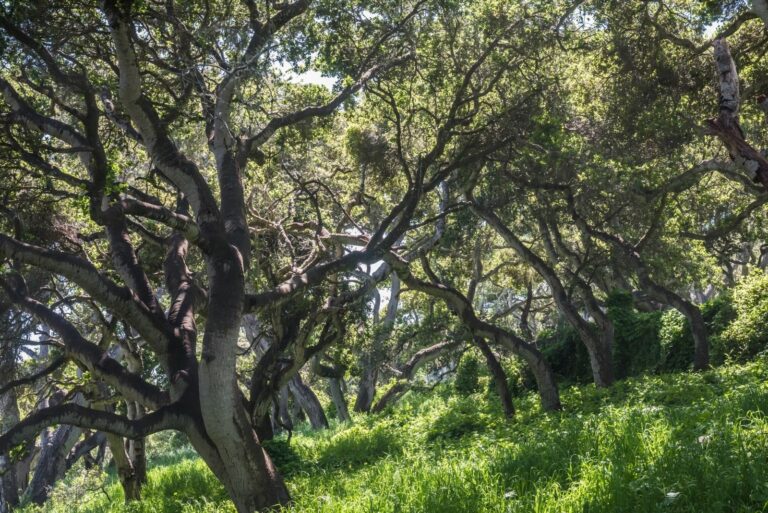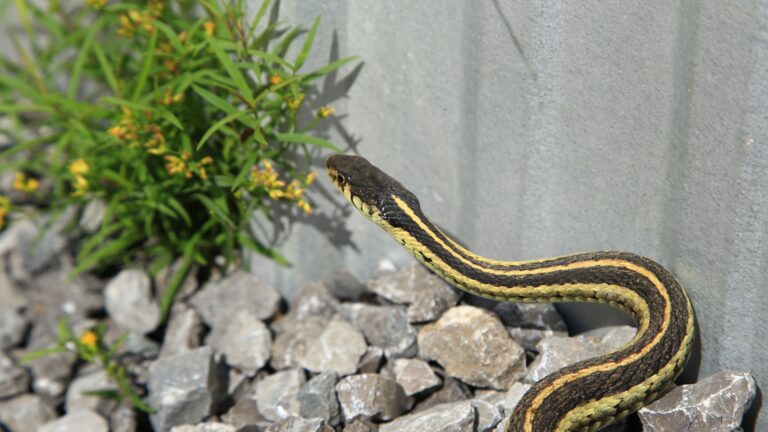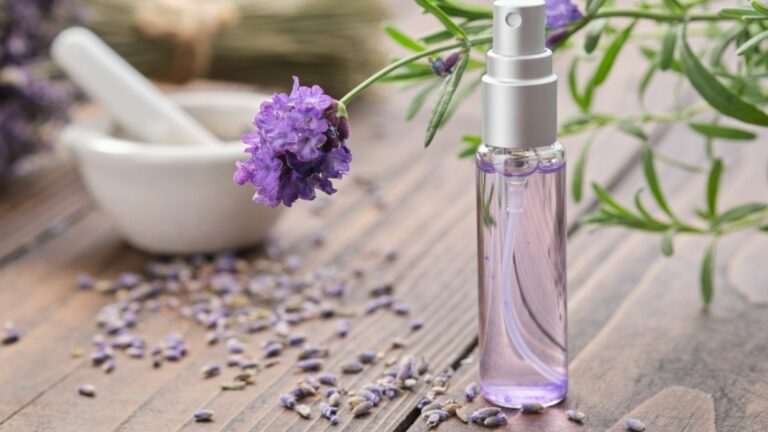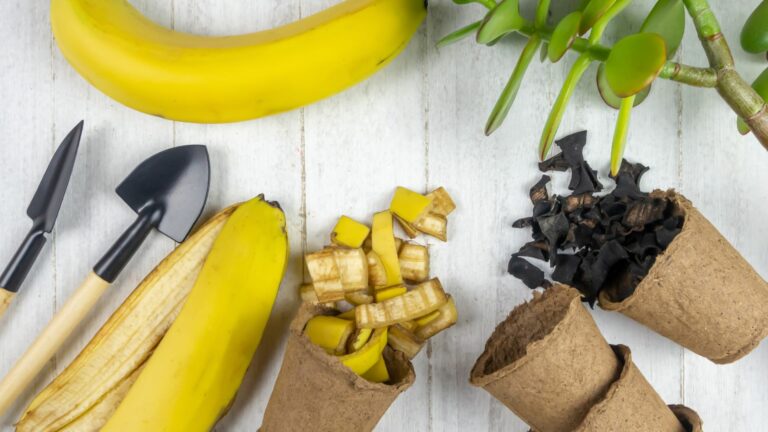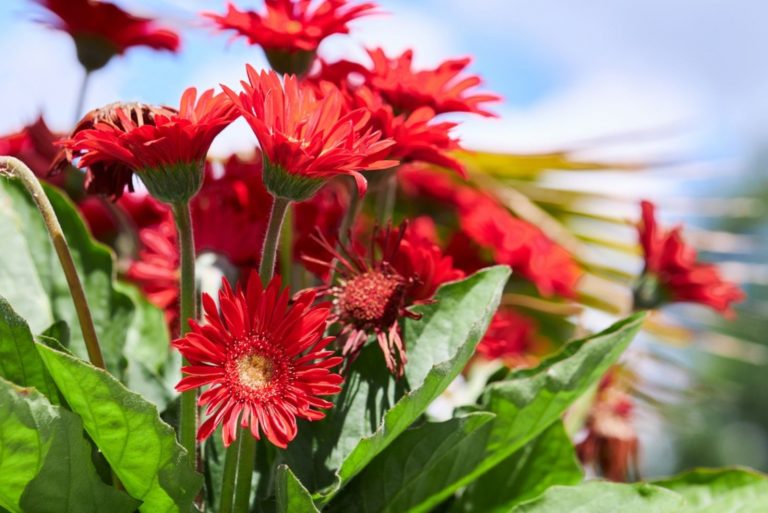Tick-Attracting Plant To Avoid In Your Georgia Yard If Pets Play Outside
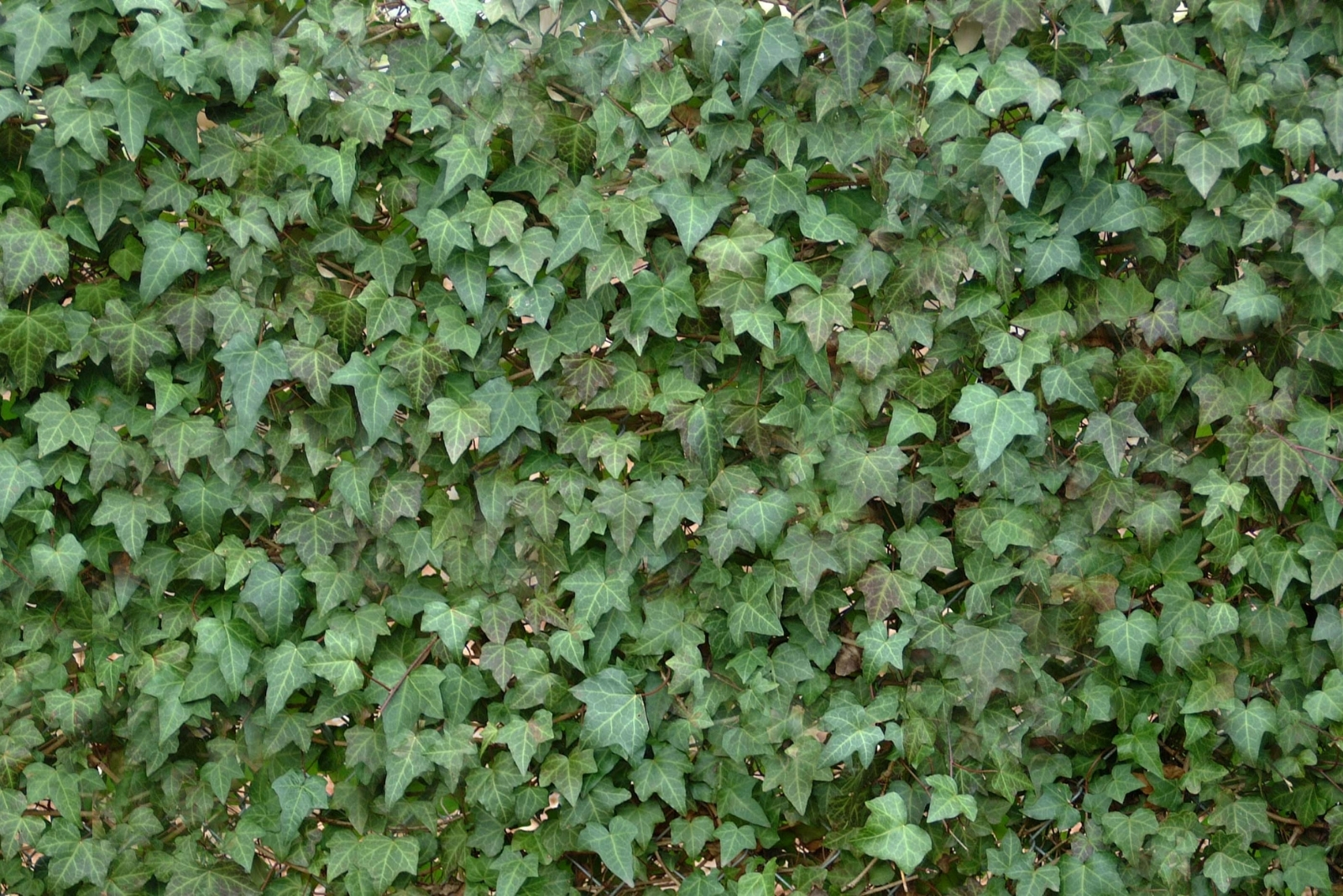
If you love having a lush, green yard in Georgia, you might want to rethink one popular choice. English Ivy looks charming, but it’s a secret tick magnet that can cause trouble for pets and people.
I learned this the hard way after spotting ticks in the yard more often than I expected. Let’s take a closer look at why English Ivy might not be the best pick for a pet-friendly garden in Georgia.
1. Tick Paradise
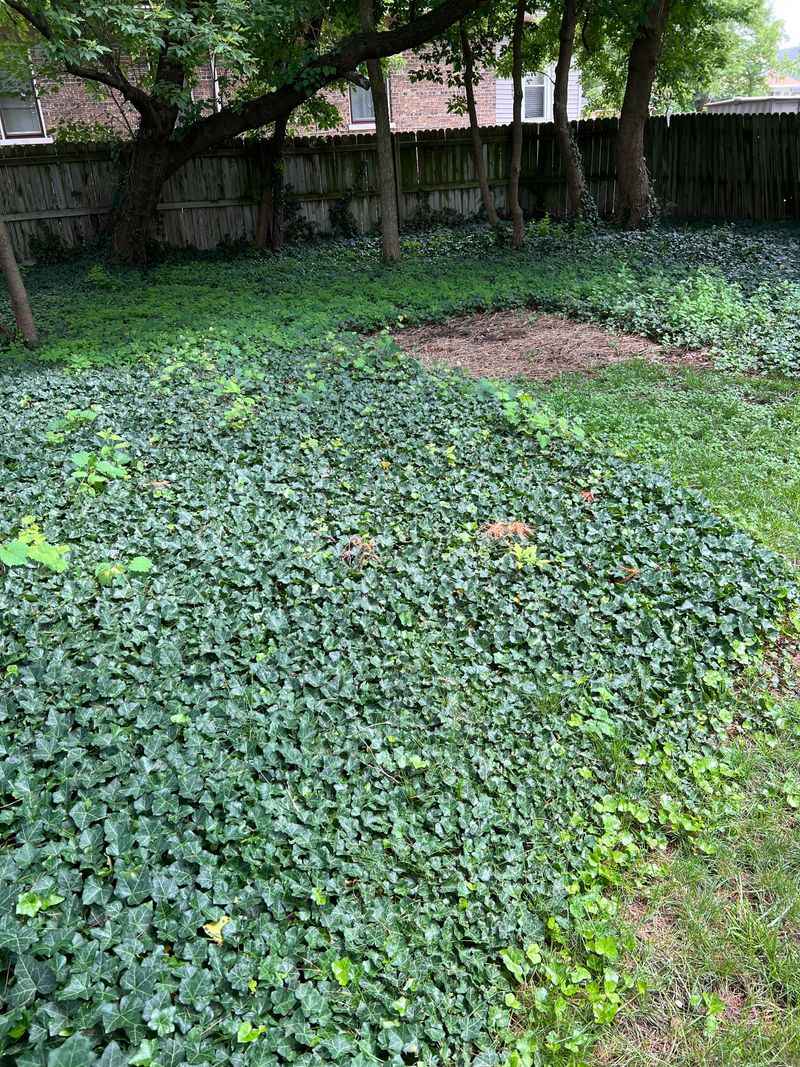
Ticks absolutely love the moist, sheltered environment English ivy creates in Georgia yards. The dense ground cover offers perfect hiding spots where these parasites wait to latch onto passing animals or humans.
Many Georgia pet owners don’t realize their ivy patch is essentially a tick breeding ground until their dog comes in covered with these dangerous hitchhikers.
2. Toxic to Pets
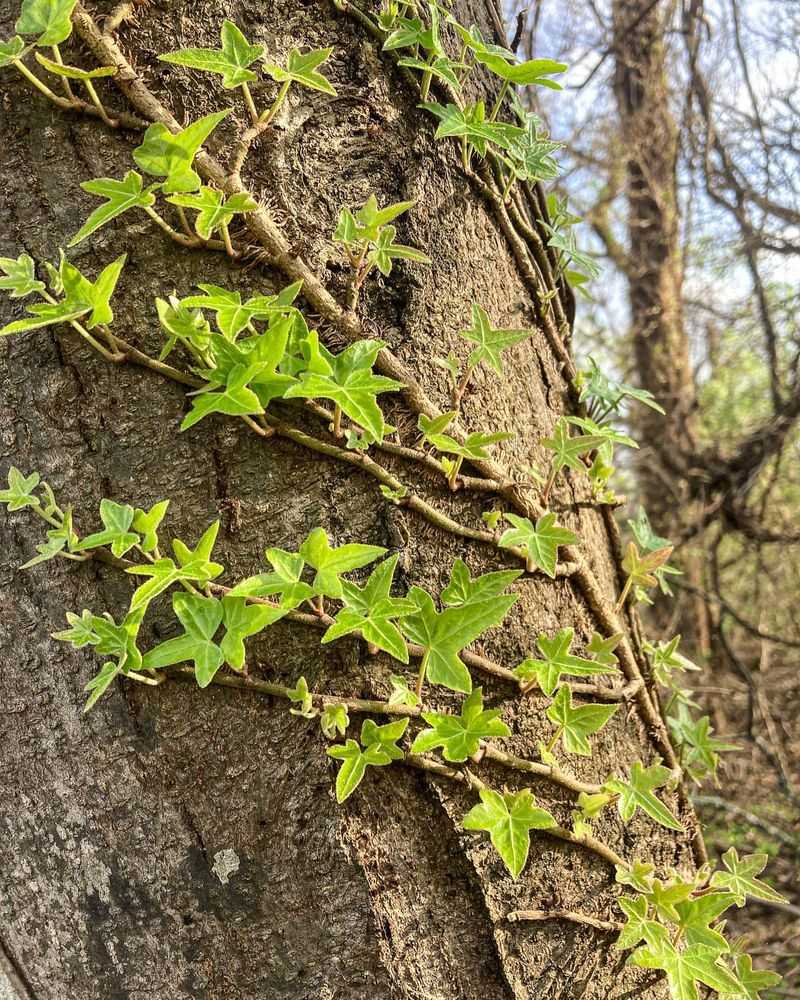
Beyond attracting ticks, English ivy contains chemicals called saponins that can make your pets sick if eaten. Dogs or cats who chew on these leaves in Georgia yards often experience drooling, vomiting, and even breathing problems.
The sap can also cause skin irritation when pets brush against it, leading to uncomfortable rashes that Georgia veterinarians see frequently in the warmer months.
3. Invasive Nature
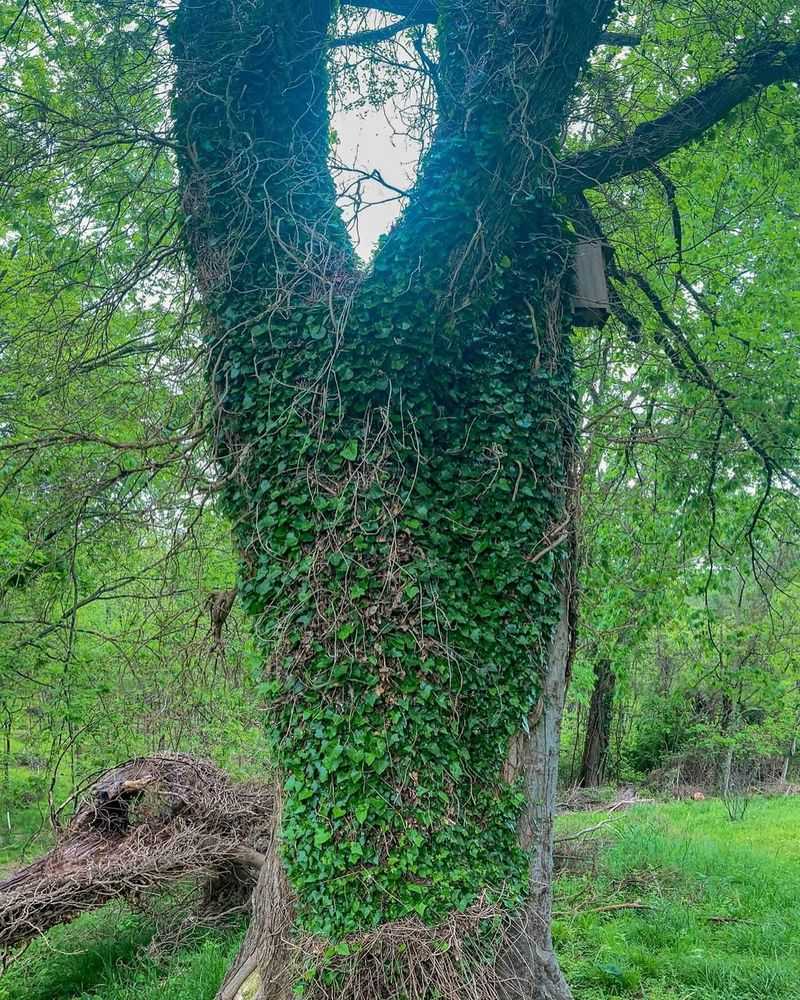
Unlike native Georgia plants that play nice with neighbors, English ivy is an aggressive bully. It spreads rapidly across the ground and climbs trees, eventually choking them by blocking sunlight and adding weight that can bring them down in storms.
Georgia’s mild climate creates perfect conditions for this invasive plant to grow year-round, making it nearly impossible to contain once established.
4. Difficult Removal
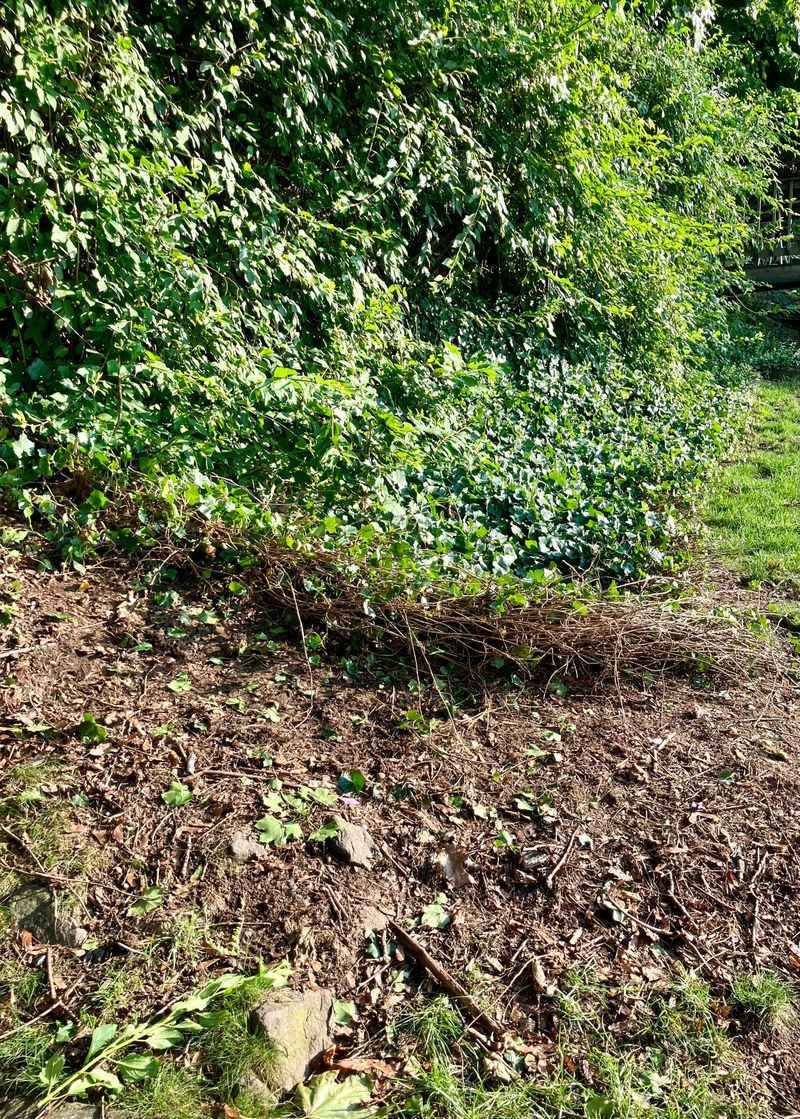
Getting rid of established English ivy is a genuine nightmare for Georgia homeowners. The plant’s strong adhesive roots damage paint, mortar, and wood as they grip surfaces, often requiring professional removal to prevent structural damage.
Many Georgia residents spend hundreds of dollars and countless weekends trying to reclaim their yards from this persistent invader that seems to regrow from the tiniest root fragment left behind.
5. Moisture Trapper
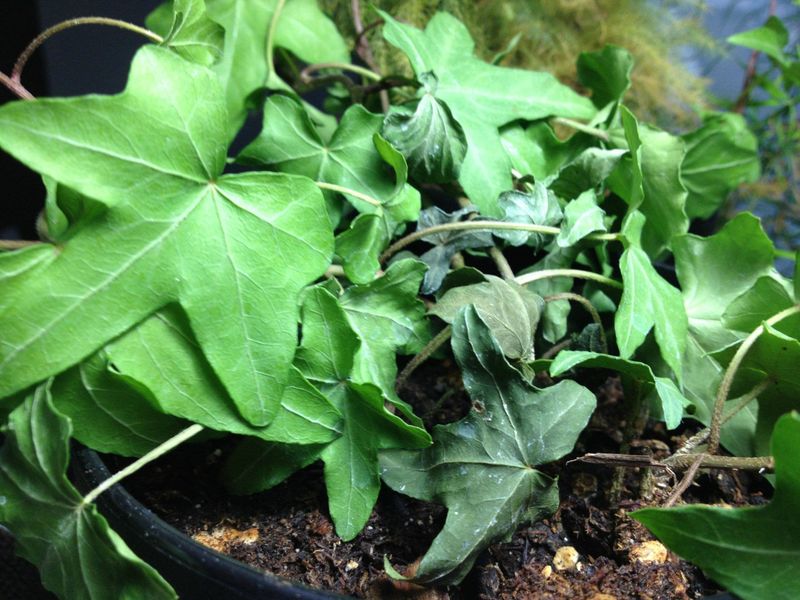
English ivy creates a humid microclimate against your Georgia home’s walls by trapping moisture. This damp environment becomes perfect for mold growth and can eventually lead to rotting wood and structural problems.
During Georgia’s already humid summers, this extra moisture becomes particularly problematic, creating ideal conditions for various household pests beyond just ticks.
6. Habitat Destroyer
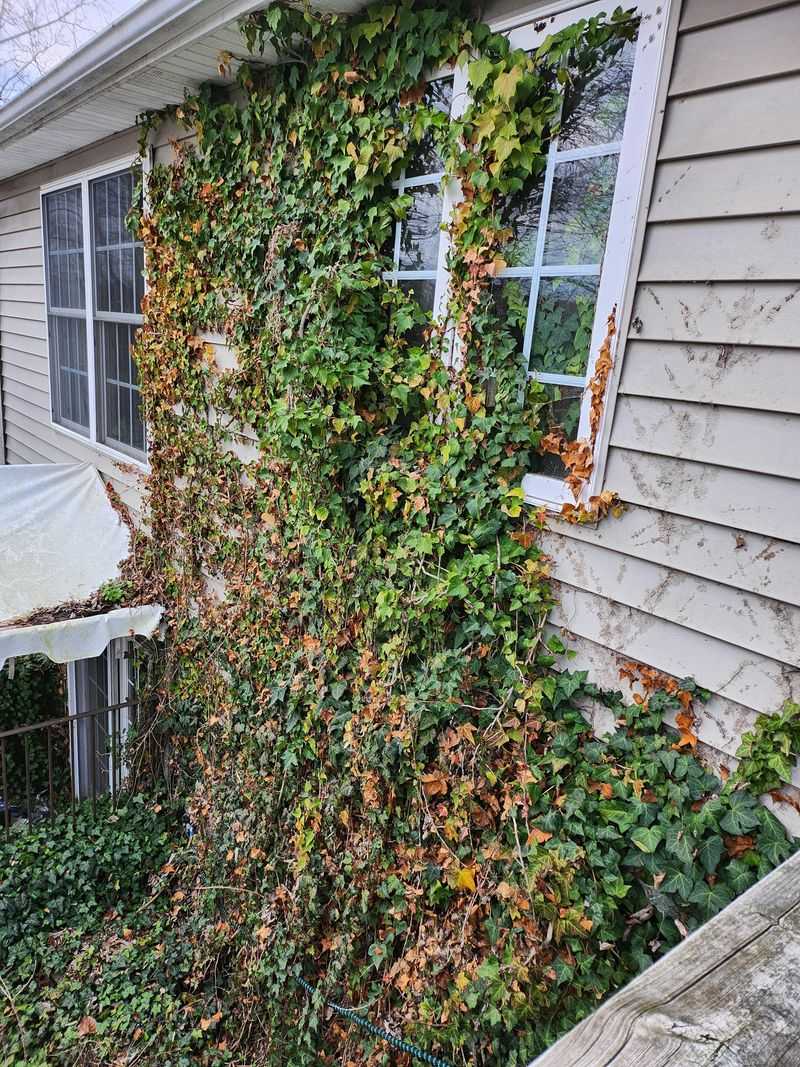
Native Georgia wildlife suffers when English ivy takes over. The plant creates ecological dead zones by crowding out the diverse native plants that local insects, birds, and small mammals depend on for food and shelter.
Georgia conservationists have documented significant biodiversity loss in areas where this single species dominates, turning once-thriving ecosystems into ivy deserts.
7. Safe Alternatives
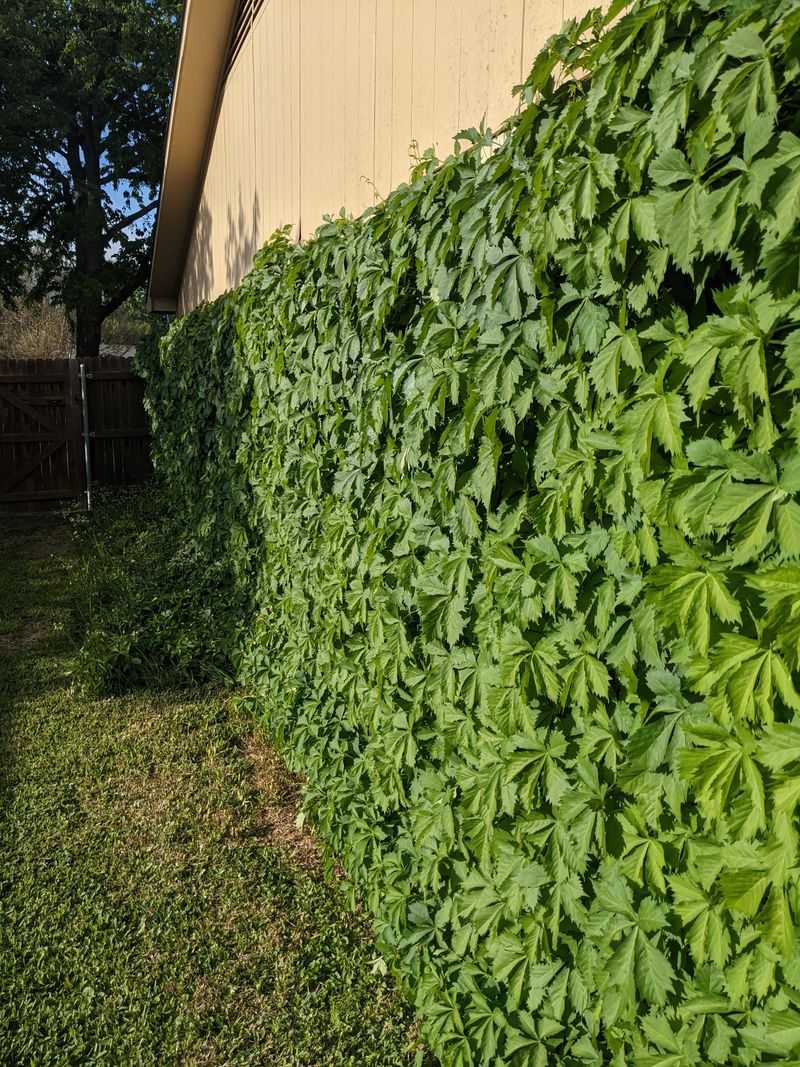
Instead of English ivy, Georgia gardeners can choose beautiful native alternatives like Virginia creeper or crossvine that provide similar aesthetic benefits without the dangers. These plants support local wildlife rather than harming it.
Many Georgia garden centers now offer special native plant sections where you can find attractive, pet-safe options that thrive in our specific climate without becoming invasive nightmares.

